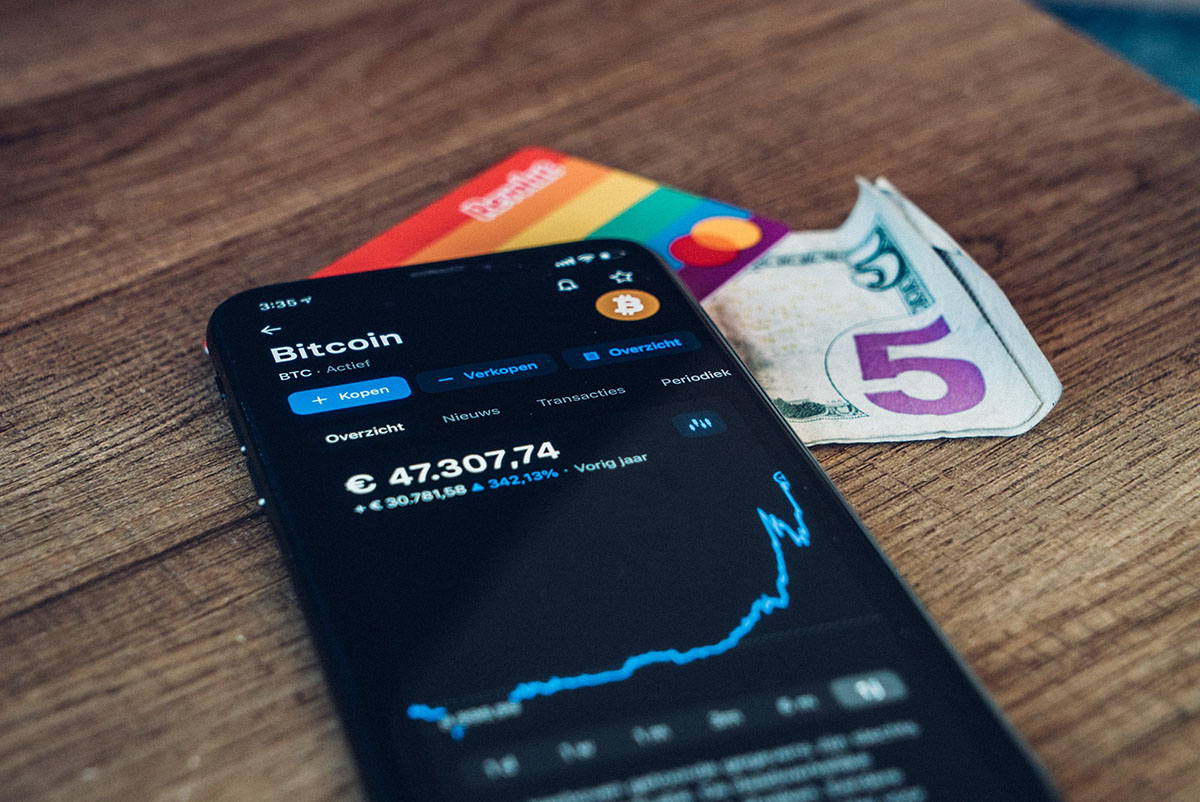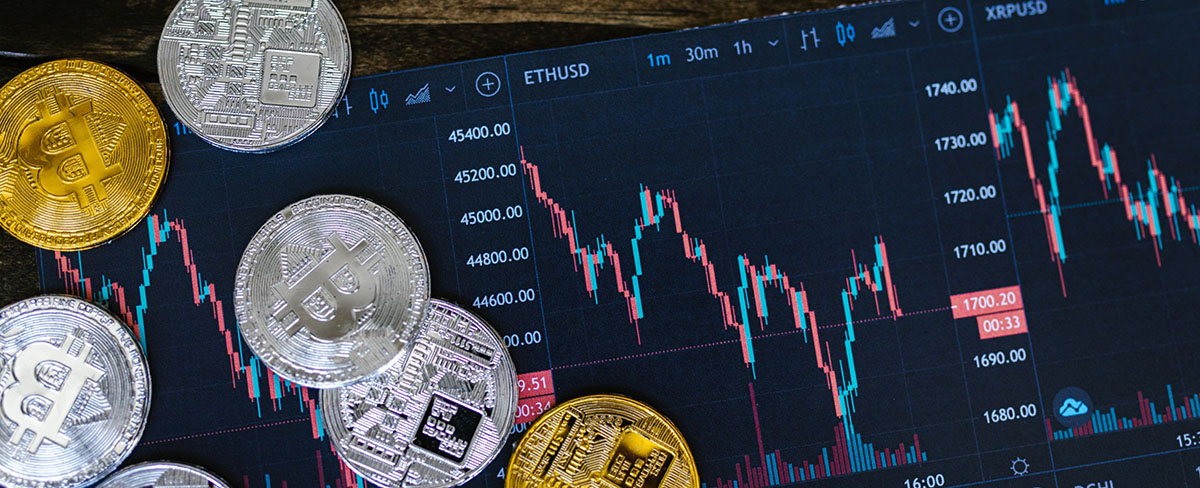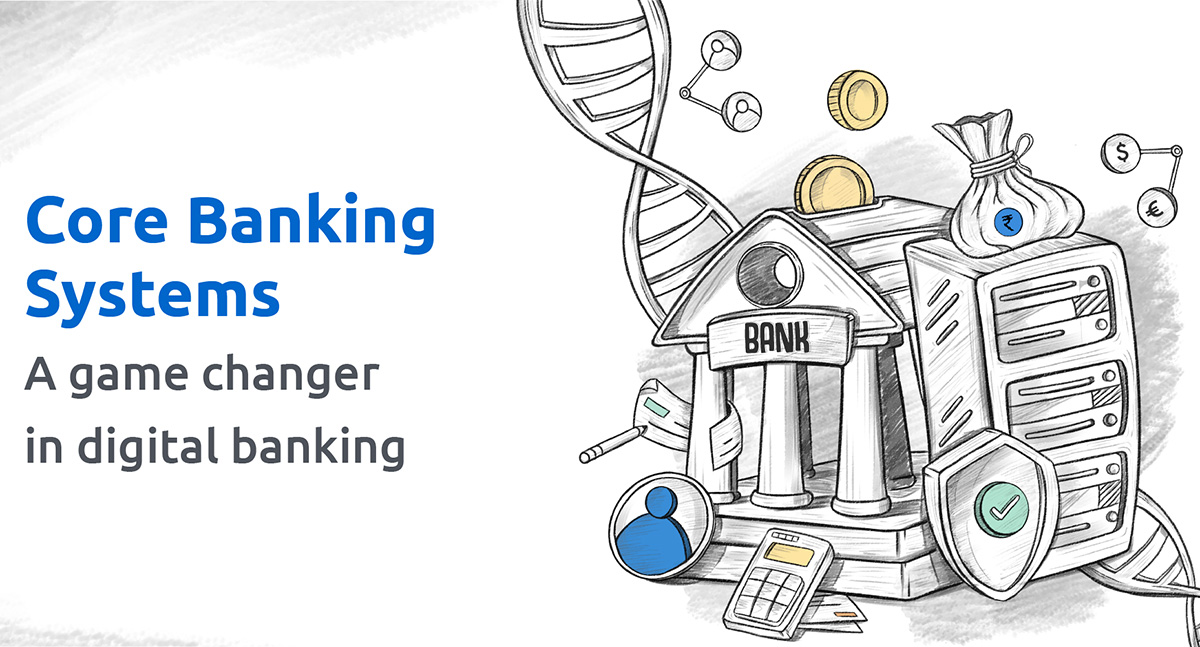Home>Finance>What Is A Paper Wallet? Definition And Role In Cryptocurrency


Finance
What Is A Paper Wallet? Definition And Role In Cryptocurrency
Published: January 5, 2024
Discover the definition and role of paper wallets in cryptocurrency finance. Safely store your digital assets offline with this secure method.
(Many of the links in this article redirect to a specific reviewed product. Your purchase of these products through affiliate links helps to generate commission for LiveWell, at no extra cost. Learn more)
Unlocking the Secrets of Paper Wallets: Your Guide to Financial Security
As technology continues to transform the world of finance, cryptocurrencies have emerged as a novel and increasingly popular form of digital currency. However, with this rise in virtual transactions comes the need for enhanced security measures. One such security solution is the paper wallet. In this article, we will explore the definition and role of a paper wallet in the realm of cryptocurrencies.
Key Takeaways:
- A paper wallet is an offline storage method for cryptocurrencies, such as Bitcoin, that provides an extra layer of security against online threats.
- It consists of a printed copy of a private key and a public address, allowing users to securely store their cryptocurrency holdings.
Understanding Paper Wallets
A paper wallet is a physical, printed document that contains the necessary information to access and manage your cryptocurrency holdings. It serves as an offline storage method, offering an added layer of protection against online threats like hacking and malware attacks.
The fundamental components of a paper wallet include:
- A private key: This is a unique alphanumeric code that grants access to your cryptocurrency. It is essentially the password to your digital funds.
- A public address: This is a string of characters that serves as your cryptocurrency account number. It allows others to send you funds anonymously.
By generating a paper wallet, you essentially create a physical copy of the private key and public address, which can then be stored securely offline. It’s important to note that paper wallets are primarily associated with Bitcoin, but they can also be used for other cryptocurrencies.
The Role of Paper Wallets in Cryptocurrency
Now that we understand what a paper wallet is, let’s explore its role in the cryptocurrency space:
- Enhanced Security: Paper wallets provide a higher level of security compared to online wallets or exchanges, as they are not susceptible to cyber attacks. By keeping your private key offline, you significantly reduce the risk of unauthorized access to your funds.
- Cold Storage: Paper wallets offer a form of “cold storage,” meaning your private key is not connected to the internet. This isolation from online networks and potential vulnerabilities adds an extra layer of protection to your digital assets.
- Long-Term Storage: If you plan to hold onto your cryptocurrencies for an extended period, physical paper wallets can be an excellent solution. They allow you to store your assets securely without the need for constant online connectivity or reliance on third-party platforms.
While paper wallets provide enhanced security, it’s essential to note that they come with their own set of challenges:
- Vulnerability to Physical Risks: Paper wallets are subject to physical risks, such as damage, loss, or theft. Therefore, it is crucial to store them in a safe and secure location.
- Transaction Limitations: Retrieving funds from a paper wallet can be a somewhat complex process. It requires the use of a digital wallet and may involve importing the private key. This can be challenging for those who are not technologically savvy.
It’s important to weigh these factors when considering whether to use a paper wallet for your cryptocurrency holdings. It offers enhanced security but requires responsible handling and diligent safeguarding.
Conclusion
In the ever-evolving world of cryptocurrencies, paper wallets continue to serve as a valuable security option for those seeking to safeguard their digital assets. By providing an offline storage method, they offer enhanced protection against online threats and allow for long-term storage of cryptocurrencies. However, it’s essential to be aware of the physical risks associated with paper wallets and the potential complexities in accessing funds when opting for this method. Ultimately, choosing the right storage option is crucial to ensure the security and longevity of your cryptocurrency investments.














